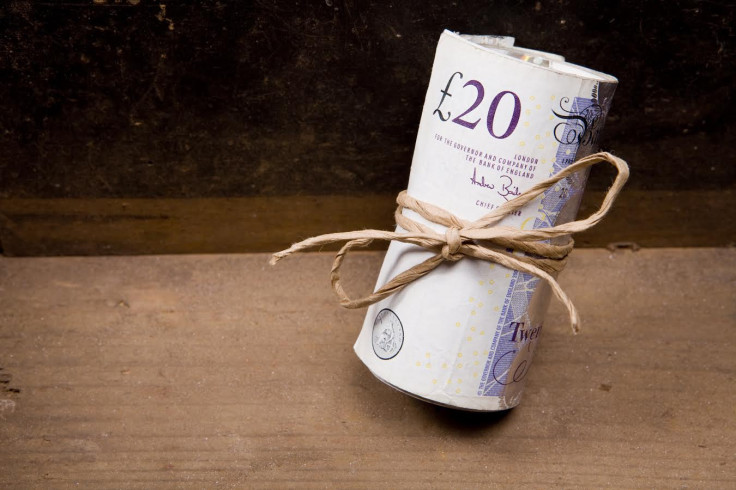The woman who found a £20 note and kept it is yet another victim of needless public shaming
Society is divided on whether "finders keepers" is right when cash is found.

The great Scottish poet Robert Burns one said this; "And would some power to give us the gift to see us as others see us. It would us from many a blunder free us!"
Last year 23 year-old Nicole Bailey picked up a £20 note from a shop floor in Stoke-on-Trent after it was dropped by a customer who withdrew it from a nearby cash machine. Three months later, she voluntarily attended a police station as a witness, where she said she had no memory of taking the money. Three weeks later she was called back in, shown CCTV, and accepted she did pick up the money.
The police had reassured her not to worry, but she later received a letter asking her to attend court, where she pleaded guilty and was told to pay £20 compensation, a £20 victim surcharge and £135 in court costs.
Her claim to have no recollection of the incident suggests that no part of her conscience was engaged when she picked the note up and thereby (according to the law) committed an act of theft.
The question that her painful fate throws up is whether, according to the values of the law, she has done wrong or not?
The Sun subsequently conducted a micro survey where an actor let a £20 note fall to the ground near to him, and covert footage was taken of an array of passers-by, some of which handed the money back; and some who did not. The non-returners gave a range of excuses, including stating their intention to give the money to charity. Some seemed to accept that they had done wrong – others did not. It seems that society is divided on whether "finders keepers" is or is not the right maxim when cash is found.
My own most vivid memory of the kind of lesson which Robert Burns had in mind was when I was taking part in Blind Date. We were asked to describe our date in a recorded interview which would then be played back as part of the show. The interview took place in small intimate studio which I think was designed to lull the interviewee into forgetting that his/her words would then be broadcast to the entire country. Despite the encouragement of the interviewer to be unkind about my lovely date (with whom I had an excellent time at Italy's Lake Garda) I was determined only to speak well of her.
However, the man in the other date which was featured on the show fell into the trap of forgetting that his interview was then going to be broadcast to around 20 million people, and was most ungallant about his date. I was sitting next to him when he watched it being broadcast just before he went on stage, and observed as he put his face in his hands and shook his head at being confronted by his own unkind words. Cilla then gave him a serious dressing down in front of the studio audience and her huge army of fans, where the reaction was both unanimous and damning.
The public seems to be divided on the public shaming of the unfortunate Ms Bailey by her both being found guilty of theft and thereby acquiring a criminal record, and it having been so widely reported. The effect has been rather like a medieval community throwing rotten fruit at a social pariah who has been placed in the stocks. Ms Bailey has said that she wished that she could turn back time – presumably to have the opportunity to make a different choice; a wish that most of us have had at one time or another. She would perhaps have been spared her public shaming had she known her Scottish poetry.
Jonathan Coad is a specialist media lawyer and partner at Lewis Silkin LLP. He acts for both claimants and defendants. Follow : @jonathan_coad
© Copyright IBTimes 2024. All rights reserved.






